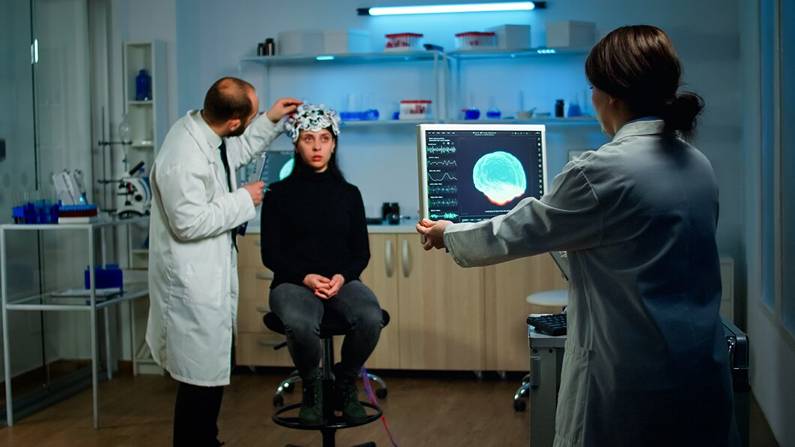Image Source: Google
OCD, or Obsessive-Compulsive Disorder, is a mental health condition characterized by repetitive thoughts (obsessions) and behaviors (compulsions) that can significantly impact a person's daily life. It affects millions of people worldwide, causing distress and interfering with their ability to function normally. However, thanks to cutting-edge trials and innovative treatments, many individuals have found success in overcoming OCD and reclaiming their lives.
Exposure and Response Prevention Therapy
One of the most effective treatments for OCD is Exposure and Response Prevention (ERP) therapy. This type of therapy involves gradually exposing individuals to their obsessions while preventing the accompanying compulsive behaviors. By repeatedly exposing themselves to anxiety-provoking situations and resisting the urge to perform rituals, individuals learn to tolerate and eventually reduce their anxiety.
Trials studying ERP therapy have shown promising results, with many participants experiencing a significant reduction in their OCD symptoms. For example, a study published in the Journal of the American Medical Association found that ERP therapy led to a 53% reduction in OCD symptoms after eight weeks of treatment.
Virtual Reality Therapy
Advancements in technology have also paved the way for innovative treatments, such as Virtual Reality (VR) therapy. VR therapy immerses individuals in computer-generated environments that simulate their fears and triggers, allowing them to confront and overcome their obsessions in a safe and controlled setting.
Research on VR therapy for OCD has shown promising results. In a study published in the Journal of Anxiety Disorders, participants who received VR therapy experienced a significant reduction in their OCD symptoms compared to those who received traditional therapy. The immersive nature of VR therapy helps individuals confront their fears more directly, leading to greater success in overcoming OCD.
Deep Brain Stimulation
In cases where traditional therapies have not been effective, deep brain stimulation (DBS) has emerged as a potential treatment option. DBS involves surgically implanting electrodes into specific areas of the brain to regulate abnormal brain activity associated with OCD.
While DBS is still considered an experimental treatment for OCD, early trials have shown promising results. A study published in the New England Journal of Medicine found that participants who underwent DBS experienced a significant reduction in their OCD symptoms. Some individuals even reported complete remission of their symptoms.
Ketamine Infusion Therapy
Ketamine, a dissociative anesthetic, has gained attention in recent years for its potential in treating various mental health conditions, including OCD. Ketamine infusion therapy involves administering a controlled dose of ketamine intravenously under medical supervision.
Preliminary trials exploring the use of ketamine infusion therapy for OCD have shown promising outcomes. A study published in JAMA Psychiatry reported that participants who received ketamine experienced a significant reduction in their OCD symptoms compared to those who received a placebo. The effects of ketamine were observed within hours, making it a potential rapid-acting treatment for individuals with severe OCD symptoms.
Conclusion
OCD can be a debilitating condition, but the success stories of cutting-edge trials provide hope for individuals seeking relief. Exposure and Response Prevention therapy, Virtual Reality therapy, deep brain stimulation, and ketamine infusion therapy are just a few of the innovative treatments that have shown promise in helping individuals overcome OCD. As research continues to advance, we can expect even more breakthroughs in the treatment of OCD, offering renewed hope to those affected by this mental health condition.

